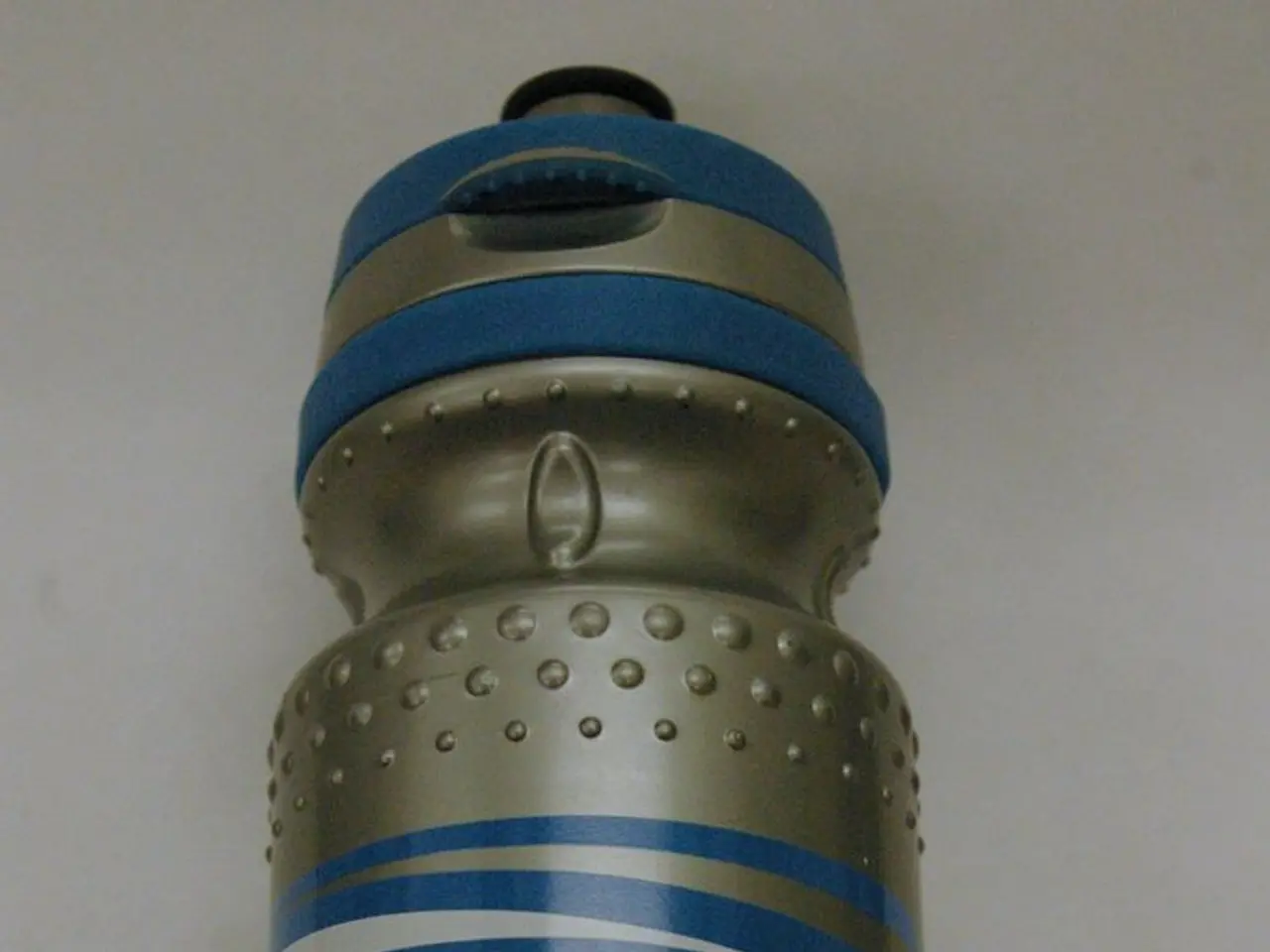Honeywell Has Purchased Li-ion Tamer to Enhance Fire Safety Abilities
**Honeywell Acquires Li-ion Tamer to Bolster Battery Fire Safety**
Honeywell (NASDAQ: HON) has announced the acquisition of Li-ion Tamer, a leading provider of advanced off-gas detection solutions for lithium-ion batteries. This strategic move aims to drive organic growth and streamline Honeywell's portfolio, complementing its existing fire detection offerings such as the VESDA advanced smoke detection system and the Connected Life Safety Services platform.
Li-ion Tamer's technology, which includes over 30 global patents, specializes in detecting gases emitted during the initial phase of thermal runaway—a process that leads to battery fires. The technology detects battery off-gassing, providing up to 30 minutes of advance warning before a fire starts. This early alert window allows for intervention to prevent or mitigate battery fires in energy storage systems, data centers, EV infrastructure, and grid-scale applications.
Trusted globally by original equipment manufacturers (OEMs), this technology integrates into fire safety systems within buildings, enhancing protection by enabling proactive measures before thermal runaway escalates to fire. Honeywell’s acquisition reflects its commitment to leading in battery fire safety.
Lithium-ion battery fire prevention relies on several safety measures, including early detection, safe storage and charging, and fire containment. While Honeywell's Li-ion Tamer technology stands out as a leading early warning system specifically designed to address battery fire risks, other practices are also crucial.
Charging damaged or bulging batteries is strongly discouraged. Where charging is necessary, it should occur in dedicated, fire-protected areas with ventilation and continuous monitoring. Use of surge protection and manufacturer-approved chargers is recommended. Minimizing the number of batteries stored or charged at once, especially those returned or damaged, reduces fire risk. Prompt removal and safe external storage of suspect batteries are critical.
Daily safety inspections using thermographic cameras and visual checks help identify unstable or overheating batteries early. Suspect batteries should be isolated safely, with emergency services on call if signs of thermal runaway appear. Onboard containment devices, including hard-sided fire-resistant boxes that can contain blasts and allow for water injection, are employed especially in transport settings like aircraft. These help reduce risks to personnel during fire events.
Organizations such as the NFPA highlight the importance of purchasing batteries and devices that meet recognized safety certifications to minimize fire or explosion risks. Educating users on safe usage, charging, and disposal is a key preventive strategy.
The growth of lithium-ion battery use is observed in various industries, including renewable energy and cloud computing. The Connected Life Safety Services platform leverages the Honeywell Forge IoT framework to optimize fire system management. The acquisition builds on a five-year strategic partnership between Honeywell and Nexceris.
The demand for lithium-ion batteries is projected to grow more than 30% annually through 2030, reaching a market value over $400 billion. The acquisition is expected to be immediately accretive to Honeywell's financials, following $13.5 billion in accretive acquisitions since December 2023, including the Access Solutions business from Carrier Global.
With this acquisition, Honeywell positions itself as a leader in early gas detection and battery fire prevention, further strengthening its portfolio of fire life safety technologies within the Building Automation segment.
The acquisition of Li-ion Tamer strengthens Honeywell's presence in the technology and energy sectors, as they aim to provide advanced fire safety solutions for lithium-ion batteries in diverse industries, such as renewable energy and cloud computing. This growth is driven by the projected increase in lithium-ion battery demand, which is estimated to expand more than 30% annually through 2030, reaching a market value over $400 billion. This acquistion not only advances Honeywell's financial interests in the finance sector but also highlights their commitment to improving safety in the energy and technology industries.




